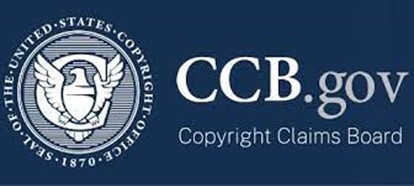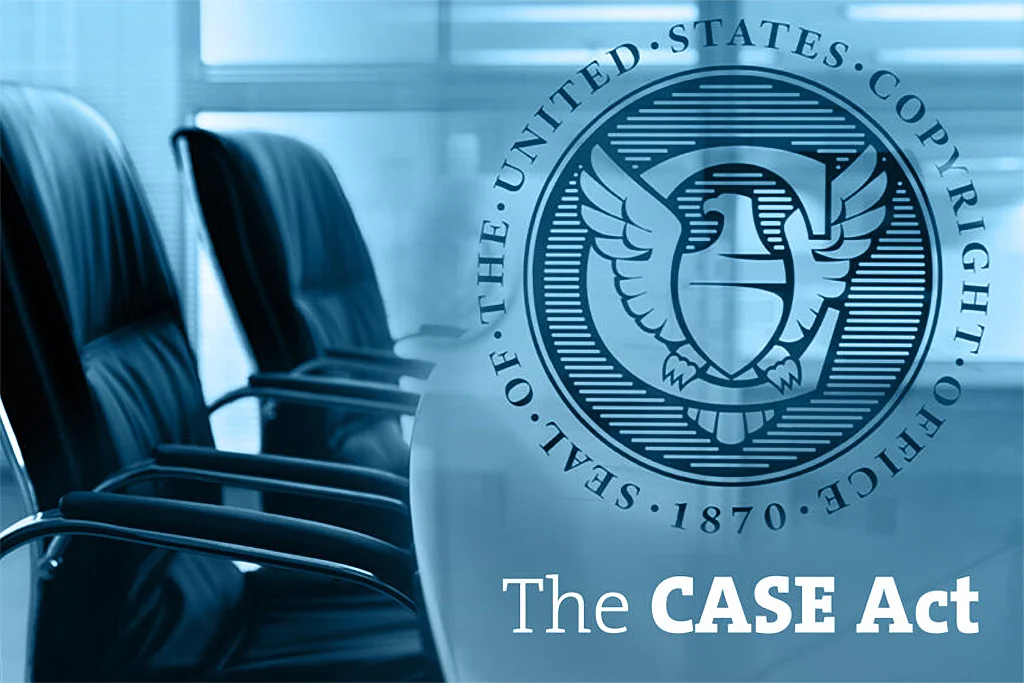It’s said that Horse Racing and Copyright Litigation are the Sport(s) of Kings, meaning its not for poor folks or those on a budget. That’s unfortunate because if you’re a creator whose rights have been infringed resulting in a loss to your bottom line, it can be both disheartening and cruelly ironic to be told that the first thing you’ll have to do to address it is to fork over even more money that you might not have to an attorney you might not even know yet in order to get things started. In the United States, that has typically involved seeking recourse in the federal district courts whenever differences cannot be resolved amicably.
Civil litigation in almost any jurisdiction around the world can be a slow and arduous process, and the U.S. is no exception. Some litigants are adept at postponing the substance of any complaint (i.e., whether or not an infringement took place, or whether or not the defendant was responsible for the infringement) by filing endless procedural motions relating to issues of standing, or jurisdiction, or discovery and the like with the intention of simply outlasting or out-spending the other side. Although some attorneys will undertake representation on a speculative basis and agree to receive payment from the amounts they recover, it’s not uncommon for litigation fees to still run in the tens, if not hundreds, of thousands of dollars in costs enforcing your rights.
That’s even more unreasonable when you consider the vast number of infringements or disputes involving smaller amounts of money than that. Rights owners in the United States have long complained that they risk spending more than they might recover, so they forego standing up for themselves. To address this concern, Congress enacted the Copyright Alternative in Small-Claims Enforcement (or CASE) Act in 2020, creating a Copyright Claims Board (CCB) as a way for copyright owners to file claims for violations without having to go to court. Its jurisdiction extends to adjudicating infringement claims, issuing determinations of non-infringement, and claims of misrepresentation in take-down notices or counter-notices sent under the Digital Millennium Copyright Act.
The CCB is a three-person board established “to resolve copyright disputes of a relatively low economic value as an efficient, less expensive alternative to federal court.” CCB hearings are virtual, so no travel is required. Litigants may represent themselves pro se, or they may be represented in the proceedings by counsel. Recoverable damages are limited to USD 30,000 per case.
The procedure is fairly straightforward and plaintiffs (known as claimants) begin the process by submitting their claims electronically through the CCB’s case management system. A CCB staff attorney reviews the filing for sufficiency but does not address the merits of the case. Claimants thereafter effect service on the alleged infringers (known as respondents) by means of an electronic notification that includes a URL link to the CCB website, wherein all requisite information supporting the claim will have been filed. Respondents have 60 days thereafter in which to “opt-out” of the CCB system, as is their right under the U.S. Constitution, failing which the case becomes active and moves forward. Scheduling orders will then be issued involving a number of virtual conferences with an adjudicating officer, during which both claimants and respondents can request and exchange additional documents and information.
The parties then present their cases by means of written position statements, written witness statements, and approved documentary evidence. The CCB will thereafter issues its ruling by means of a formally written determination.
Although so-called “professional defendants” may in each instance opt out of the CCB’s jurisdiction merely as a procedural tactic, careful consideration should be given in every instance before doing so. Because recoverable damages are limited by the CCB’s jurisdiction, respondents risk exposing themselves to potentially much higher damage amounts. CCB proceedings are invariably less expensive than court proceedings since the parties need not involve counsel in the process or even travel to the court. Because the CCB’s jurisdiction is limited to copyright matters, CCB officers are all copyright specialists with a high degree of subject matter knowledge, whereas depending on the luck of the draw any particular federal court judge assigned to oversee the proceedings may not. Parties should also consider the time involved since CCB proceedings are invariably quicker than court proceedings.
So far, the system has been relatively slow in taking off. The first year following the CASE Act’s implementation in 2022 saw 485 complaints filed through June 2023 (and interestingly, with roughly 10% of them having been filed by foreign claimants), roughly 70% of which were self-represented claims.
(c) 2023 Frank Rittman

